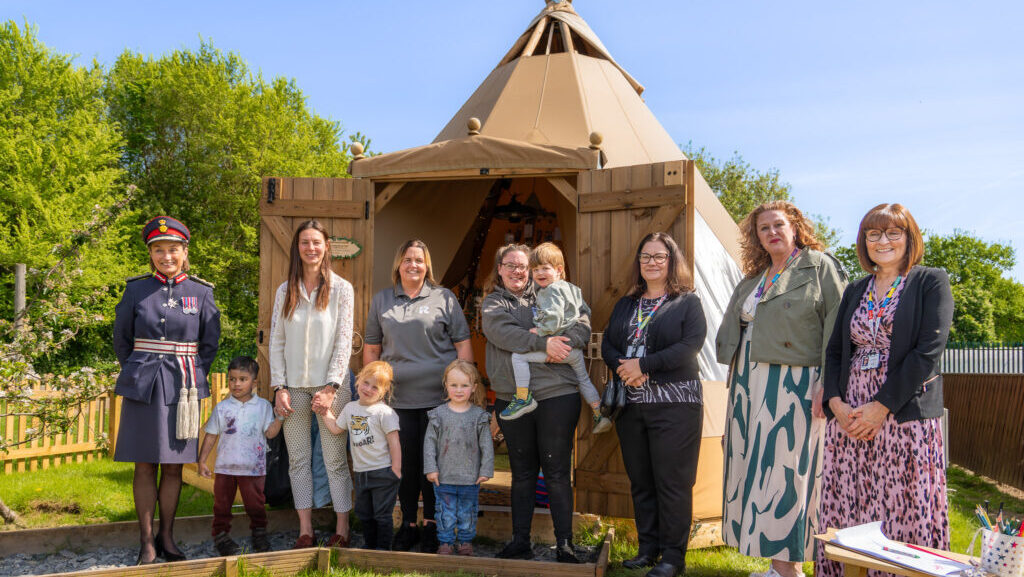Your Co-op Little Pioneers nursery group has launched work experience sessions for toddlers, in partnership with local businesses.
Call for flexible working drive to boost childcare recruitment
A drive to expand the number of part-time roles and improve flexible working in the childcare sector would help to boost recruitment and retention in the sector, according to a study by social enterprise Timewise.
The analysis found a return to part-time work levels that existed in the sector in 2018-19 would fill 17,850 of the 35,000 vacancies needed to deliver the government’s expansion of funded places. Levels of part-time work in PVI nurseries fell from 31% in 2018 to 28% in 2021.
The two-year Timewise Childcare Pioneers project saw the social enterprise work with the London Early Years Foundation (LEYF) and the Early Years Alliance to explore the role that more positive flexible working cultures could play in improving staff wellbeing and attracting a more diverse pool of candidates, including older workers and those with caring responsibilities.
Neil Leitch, chief executive of the Early Years Alliance, said the Timewise research showed flexible working was not just for “those behind desks”. “With flexible working becoming increasingly common across other frontline sectors, such as nursing, it’s vital that early years providers get the support they need to make this new way of working a reality, so that our hard working education professionals can reap the many benefits that flexible working can bring,” he said.
The project supported nursery managers to explore the potential benefits of improvements to flexible working and tackled barriers to change, including balancing staff preferences with children’s needs, parental expectations, and the need to meet statutory ratios. Settings were encouraged to audit recruitment practices to support greater transparency around flexible working and better understand the demand for flexible working from existing staff. An evaluation found improved confidence from head office staff and managers around responding to flexible working requests, following the project.
Nicola Pease, lead principal consultant at Timewise, said flexible working was “massively challenging” in the childcare sector. “Some of the ways managers have got around that is by having more open, proactive conversations with staff, and taking a whole-team approach rather than considering each request as it comes in,” she said. “There are also good examples of some of the nurseries starting to recruit differently, matching working hours to the times more children are in the setting.”
Timewise has created a set of bite-sized videos and written guides to support good practice when responding to flexible working requests, managing more flexible teams and adapting jobs so they can be worked flexibly.
Clare McNeil, Timewise director of policy, said: “Even in time and resource-constrained nurseries, we have shown it is possible to create flexibility for staff which boosts morale and wellbeing. It is clear we need to increase part-time and flexible work to make the sector more competitive and to meet the staffing shortfall for the new entitlement. We are calling for flexible working to be placed front and centre of a new workforce strategy to attract more people into the early years sector and see early years professionals receive the conditions and respect they deserve.”
June O’Sullivan, LEYF chief executive, said: “The early years sector needs fresh talent – and flexibility is the key to unlocking it. To remain competitive and sustainable, part-time and flexible roles must be a cornerstone of a new national workforce strategy.”
Latest News
Rosedene Nurseries has expanded its childcare space with an outdoor tipi at its Easterside setting in Middlesbrough.
Broomhill Nursery, part of Elmore Kindergarten Group, which has been bought by Nurtured Childcare Nurtured Childcare has acquired Elmore Kindergarten…




